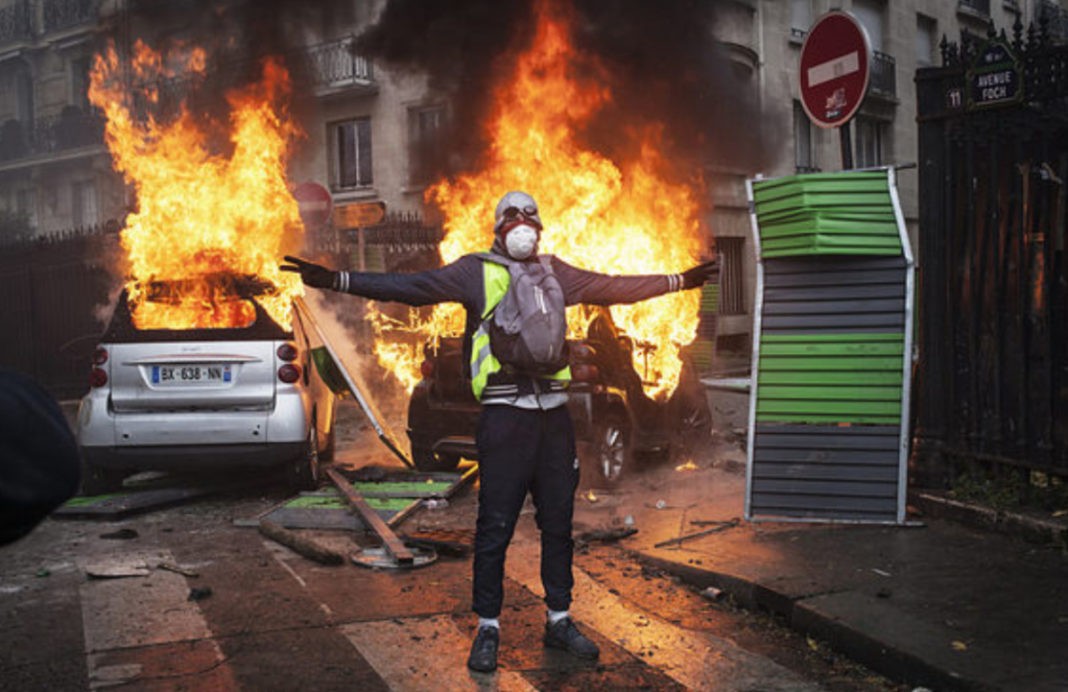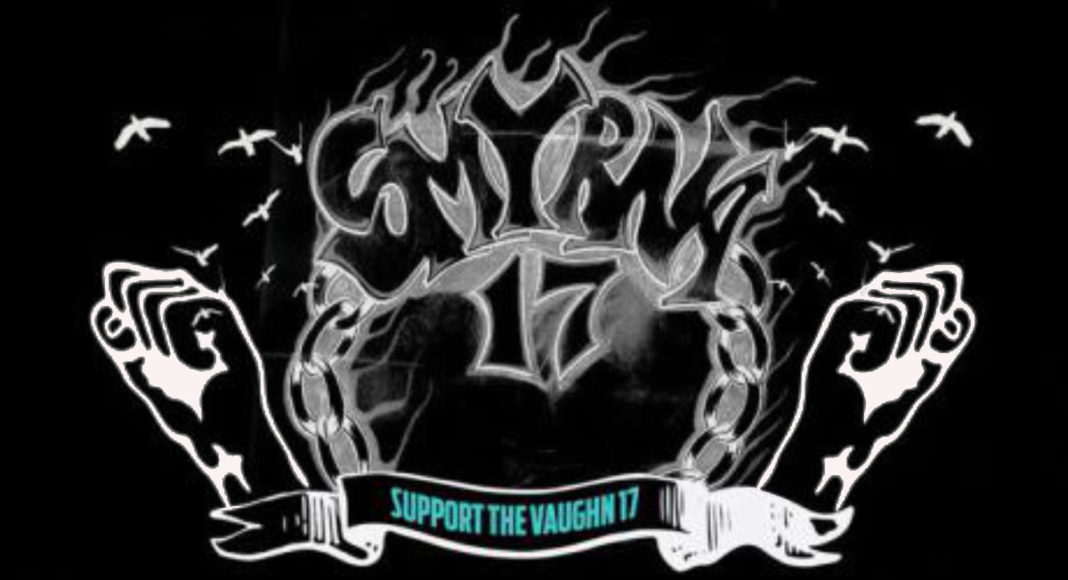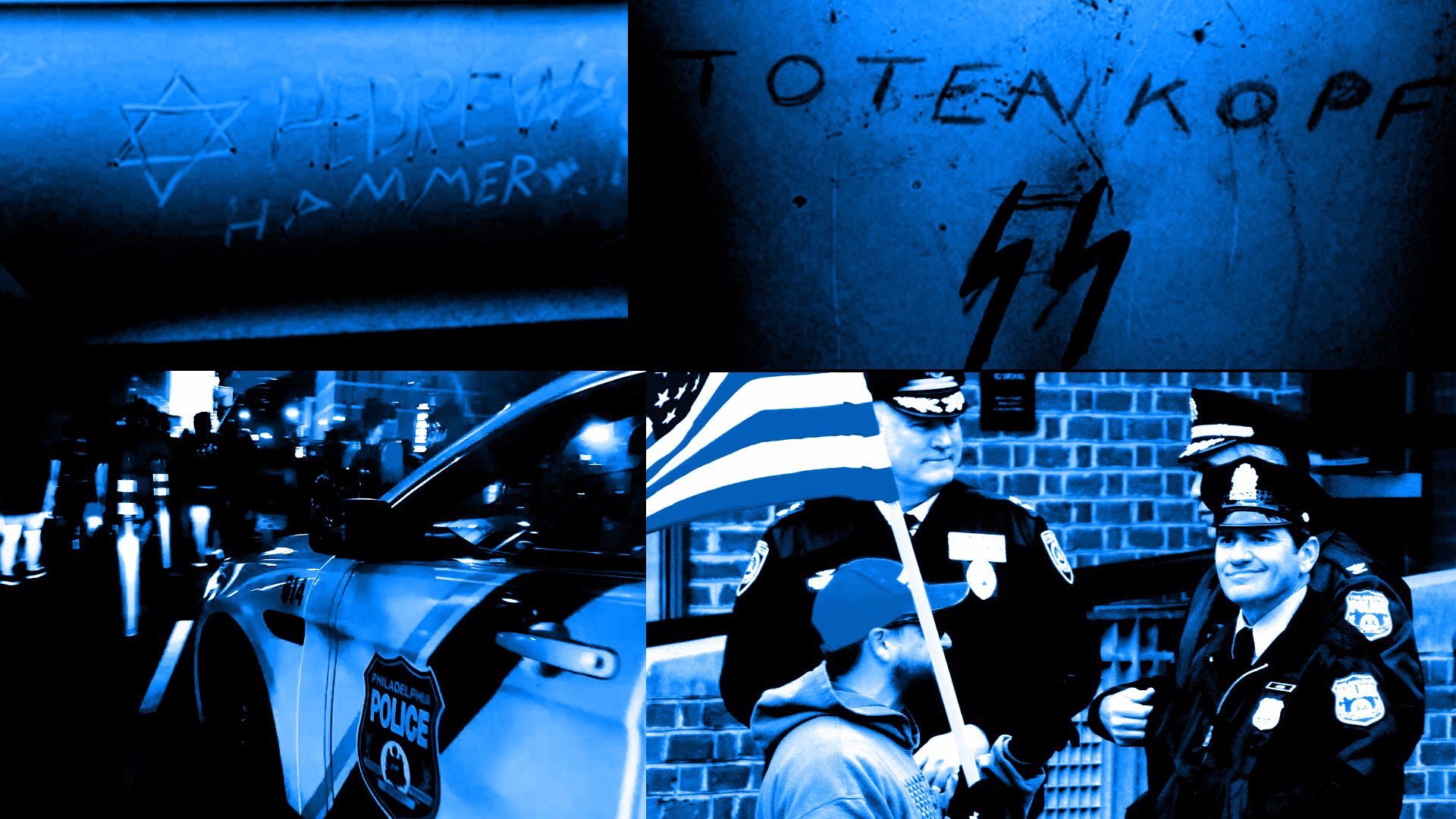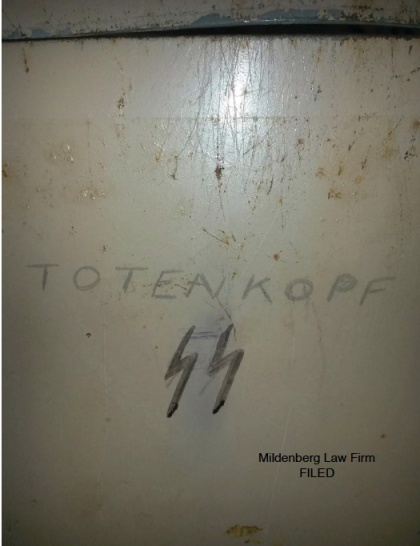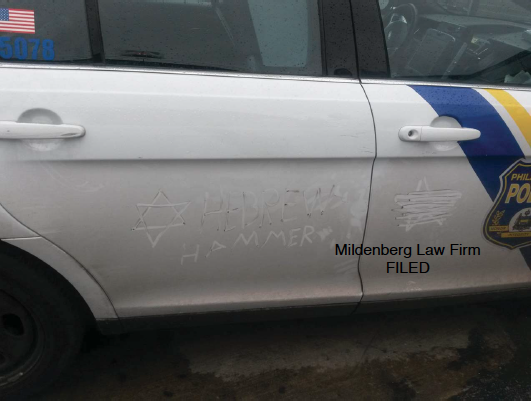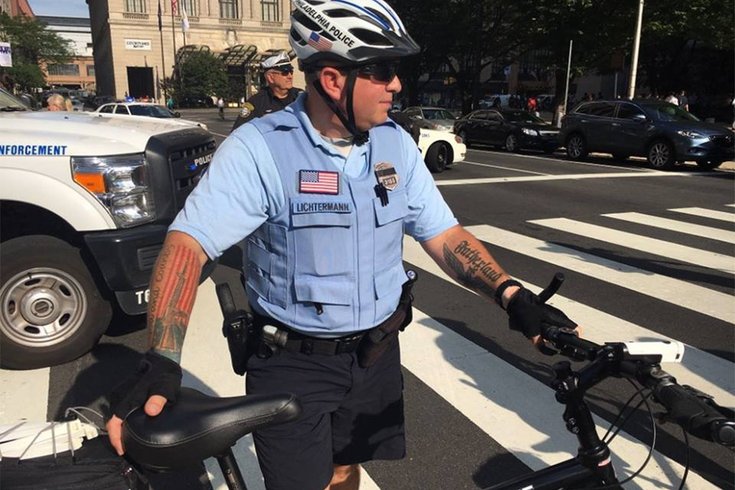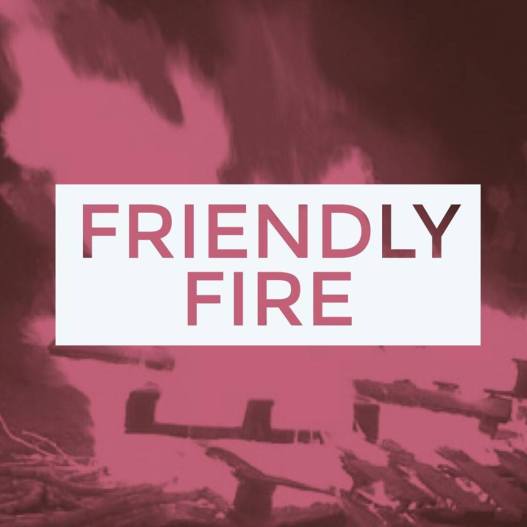The Radical Education Department presents 10 lessons from the Yellow Vest movement which has exploded out of France in the last month.
by Étienne Dolet
As has happened so often in the history of social movements and revolutions, actually existing history has once again outstripped the ready-made concepts and theories that we have for understanding it. The “yellow vests movement,” which was sparked earlier this fall but clearly has much deeper roots, has left many bewildered by the lack of party or union alignments on the part of the participants, the combination of extreme left and extreme right elements, its remarkable resilience and growth since November, and its ongoing creativity and dynamism in the face of massive state repression. The anonymous collective of political activists who are involved in the movement have struck out to conquer new territory, beyond the well-trodden paths of recent social movements, while also taking inspiration from or reawakening the deep history of revolutionary struggles. This has included the use of blockades and days of action instead of major public occupations, the development of the practices of “savage” protests and active strikes, the mobilization of bait-and-switch techniques to confuse the repressive state apparatus, the targeted use of anti-state and anti-property violence, and the call for lasting structural changes in modes of governance rather than a set of circumscribed demands.
The lessons that follow are the result of the collective work undertaken by RED – Radical Education Department to learn from the movement, try and contribute to its growth as an anti-capitalist insurgency, and ideally help it develop as a global movement against the pseudo-democracies that serve as increasingly thin cover for top-down class warfare.
I. Learn and Participate—Don’t Admonish and Preach
All too often, when a “new” social movement emerges, activists and intellectuals on the sidelines watch it with a suspicious eye as they compare it to their operative theory of social transformation or their personal checklist for what a movement is supposed to be. Once they have categorized and judged it according to their pre-established principles, they then begin to preach to those around them about how the movement “isn’t X enough,” “should do Y,” and, in general, would be better served to follow the blueprint established by the person judging from the sidelines.
There is an entire media industry developed around this blueprint model of peremptory assessment, which stretches from prominent pundits and intellectuals weighing in on current events based on their rote theories to activist groups deciding once and for all that they are simply for or against a particular movement based on how it does or does not conform to their theories or checklists. In most cases, neither of these groups takes the all-important leap from a politics in the third person to a politics in the first person by getting directly involved in order to make the movement into what they think it ought to be.
What if we began the other way around? What if our reaction to social movements was to study and learn from them, to the point of having our mechanical reflexes and tried-and-true ideas called into question? What if our first question was: How can I contribute to the parts of these movements that connect to my own politics, while also learning from them and engaging with them? What are the multiple tendencies at play, and where might they develop beyond the present moment? What if we began, in short, from a radically materialist point of view instead of the rampant idealism of the mightier-than-thou bourgeois intelligentsia and the self-importance of activists who “know how it’s done”?
II. Social Movements Are Not Singular
Social movements are, by their very nature, plural phenomena. There are numerous agents and forces at work, which far surpass any simple calculations, or reductions to blanket statements such as “this movement is X.” In short, there is never simply “a movement.” Instead, there are competing contingents, a struggle of forces and multiple fronts. While it can be useful, as a form of pragmatic shorthand, to refer for instance to “the yellow vests movement,” we need to begin by recognizing that this expression is a placeholder for an extremely complex series of movements.
In the case of the yellow vests, this is particularly important because they do not share a single political agenda or come from a common political party or union. This has been used to vilify the movement because there are right-wing, including extreme right-wing, elements involved. Purists denigrate anyone who would dare to participate when there is such a mishmash of political positions. However, this is one of the complicated aspects of popular working-class movements like this one. While there is clearly a common enemy—the neoliberal state and its persistent decimation of the lives of working-class people—there is not a shared agenda regarding the precise model for a new political order.
Instead of being used as a facile moral justification for withdrawing in horror before the remarkable stupidity of the masses or the vile presence of fascists who are presented as moral monsters rather than subjects of the system in place, this should instead be seen as a real challenge and opportunity to mobilize the radical educational tools of the extreme Left to help teach people about the real material sources of their oppression. The anti-populism of the intellectual and political purists will lead nowhere but to the moral grandstanding of those intent on ostentatiously parading their theoretical and ethical superiority to the ignorant masses, while actually demonstrating, above all, their own profound ignorance regarding how collective education works under capitalism’s ideological state apparatuses. Given the nature of the propagandist system within which we live, it should come as absolutely no surprise that there are so many people who correctly identify the source of their problems in the elite ruling class but have been duped into embracing faulty solutions.
III. Some Advantages to Days of Action, “Savage” Protests and Blockades over Occupations
Parting ways with the now well-established model of occupying public spaces, the yellow vests have conserved their energy and momentum over time by instead focusing on regularly programmed days of actions. Every Saturday since November 17th, they have organized national protests that have flooded the streets, often giving birth to “savage” marches (manifestations sauvages) that do not follow programmed itineraries but overwhelm the state through multiple and disparate direct actions. Simultaneously, there have been ongoing flash blockades at undisclosed times that choke or liberate particular sites of passage within the transportation industry. These have included blocking major highways and round-points, but the movement has also taken over or burned down tollbooths to allow drivers through without paying, thereby cutting off funds to the state.
While occupations can be important for building sites of solidarity, creating coalitional networks, developing collective education, and fostering public visibility for a particular cause, they can also drain resources, allow for easy targeting and manipulation, and stagnate over time. Programmed days of action mixed with intermittent blockades and flash mobs can both confuse the state and conserve resources for a long-term battle. Unlike the Nuit debout movement in spring 2016, which established and maintained public occupations like so many recent social movements, the yellow vests have undertaken an important shift in tactics, and it is arguable that this has already paid off in certain ways.
IV. Active Strikes Multiply Political Agency
Some of the workers on strike have not simply refused to go to their job, but they have used their time off to actively coordinate direct actions against the state. Instead of a traditional strike, which is often coordinated in France with a large public march, an active strike is one in which workers participate in blockades, flash mobs, and other direct actions in order to multiply their political agency and maximize their impact.
In a certain sense, active strikes bring together two forms of radical struggle into a powerful concoction that surpasses the power of each of them independently. The traditional workplace action of a strike is fused with the standard tactics of social movements, such as protests and direct actions, thereby connecting two types of struggle and maximizing the power of both.
V. Media Has Power
Since the media is largely controlled by the corporatocracy and—at least in France—the state, the “history” of the yellow vests movement is largely being written by its enemies. In one of the more flagrant cases, the TV channel France 3 doctored a photograph of one of the protests to erase “dégage” from a sign reading “Macron dégage! (Macron Get Out!).” This is, of course, only the tip of the iceberg, but it clearly demonstrates the media apparatus’ profound complicity with the state and their corporate backers.
This points, moreover, to the dire need to continue to develop networks of alternative media that provide a bottom-up account of radical social movements. Sites like Révolution Permanente, Wikipedia, and Mediapart are providing some of the more reliable coverage in French, along with Enough Is Enough, CrimethInc., and IGD in English. But these platforms could have greater visibility and support, and be part of a larger network of resources to help educate and agitate for revolutionary social transformation. They are an essential part of the anti-capitalist toolkit, and we need to continue to build autonomous but federated activist media platforms that can inform the public by developing the counter-narratives necessary for the coordination of mass revolutionary movements.
VI. Demand Restructuring, Not Single Issues
There has recently been an increasing consensus around a central issue on the part of the yellow vests, which has been described as the demand including all other demands: the RIC (référendum d’initiative citoyenne) or the Citizen Initiated Referendum. Aimed at giving real political power to the people, it would inscribe within the constitution the possibility of public referenda that could establish or abolish laws, and remove elected officials from office. Instead of simply relying on piecemeal concessions from the government, such as the dismal increase in the minimum wage promised by Macron, the RIC would allow the movement to restructure the governmental power dynamic and—at least in principle—accomplish all of its popular demands over time.
There is the concern, of course, that such a demand, if the government were to concede—which seems extremely unlikely unless it secures ample protections against the voice of the people—would help shore up a reformist agenda within the confines of capitalist pseudo-democracy. While this threat is an important one, the RIC could also potentially help build confidence in people power, begin to shift the structural power dynamic, and eventually be a step toward a more revolutionary transformation.
VII. Build Power between Movements
The mass media narrative regarding social movements is rooted in the logic of “divide and conquer.” It separates them from their deep historical roots and cuts them off from their expansive geographic connections. The yellow vests movement is, however, only the latest act in an ongoing civil war between the elite ruling classes and the oppressed masses. It is a continuation of the movement referred to as Nuit debout and the massive uprisings and occupations on the 50th anniversary of May 68. While there are, of course, certain differences between each of these moments and their precise conjunctures, they are all largely responding to capitalism’s unrelenting war on workers.
This points to the crucial importance of building power between “movements” and developing organizations and cross-political alliances that are ready and able to step up and fill the void when things go down. Although the mass media tends to focus on the immediate “success” or “failure” of a circumscribed social movement, which it describes in the singular, we would be better served to recognize that whatever happens at a precise moment in time is rooted in a deep history of organizing. Everything that is done “between movements,” including the development of political organizations, movement infrastructure, revolutionary coalitions, and media platforms, is essential to what will happen when things kick off. It is this behind-the-scenes, long-term work that has the potential to have the most significant consequences in the long run.
VIII. Escalation through Political Imagination
Political imagination can play an important role in moving movements forward, and we should never be held back by what has been done or what seems possible. This has obviously been one of the key lessons from the yellow vests.
At this point in the conflict, we should ask: How could we imagine increasing the pressure put on the neoliberal state? What about seizing important sites of power, ranging from the Sorbonne to the National Assembly, and transforming them into popular assemblies for public displays of power, and then relinquishing them in the middle of the night to seize others and outstrip the resources of the riot police? Why not re-enact key moments of the French Revolution, for instance, by taking over the Jeu de Paume museum and re-performing the Tennis Court Oath (Serment du Jeu de Paume) and declaring the end of the neoliberal state? Why not take control of one or several of the major TV channels and announce the death of the Macron regime? Isn’t it time to organize councils and declare autonomous communes across France? Given that the state has recently decided on new “emergency measures,” it clearly feels that the people are closing in and that things like this could happen.
The internationalization of the movement is another key form of potential escalation, and it has already begun. What acts of solidarity and intensification might we be able to participate in that could help the movement grow and expand its attack on the foundations of capitalism?
IX. The State Will Stop at Nothing
As we know from history, the state will stop at absolutely nothing to maintain its power and secure the interests of the ruling class. It has unleashed an inordinate amount of violence on the citizenry, which it portrays in the media as justified, of course, and this will likely only intensify over time. This has included forming a black bloc of undercover cops to commit acts of violence that could then be blamed on the protestors. We can learn from these types of tactics—if we didn’t know it already—that our enemies have no moral compass and will indiscriminately harm or kill anyone in their way. We should never underestimate their ruthlessness.
X. The State Will Work the Calendar, but So Can We!
The state is very well versed in delay tactics and knows how to work the calendar. In the case of Nuit debout and the May 68 anniversary protests, it mixed together a powerful cocktail of brutal repression, stalling techniques, and cat-and-mouse games with an eye to the approaching summer vacations, when many of the protestors would be free from work or studies and—it was presumed—the occupations would dwindle. In the case of the Occupy movement in the United States, the approaching winter was fundamental to the timing of state repression and illegal evictions. In France right now, impeding vacations are combined with an approaching winter.
Will this, along with a few minor concessions, be sufficient to quell the most recent uprisings and usher in a peaceful new year for the corporate ruling class? Or will the common concerns of working-class people find new tactics and rejuvenate old ones in order to shift what some now consider to be the common course of history, according to which uprisings lead to peak moments and then dissipate? Could the tactic of targeted days of struggle by generalized to time flare ups in the coming weeks or months that will take the government to its knees, perhaps by reworking the calendar to the advantage of the activists, thereby surprising the state once again? Can movements abroad take up these tactics in a meaningful way and connect to the yellow vests movement in a global network of intermittent active strikes, blockades, and savage protests, thereby internationalizing them like the Occupy movement but with a new and evolving set of tactics? For those of us living outside of France, how can we connect to the movement and develop its momentum into an international force to be reckoned with?
No one can tell for sure, of course, where things are headed, and this is one more reason to learn from what is going on and struggle to find ways of contributing to the intensification of a global war against capitalism. Nothing is at stake but a world full of workers and a planet teetering on the edge.
